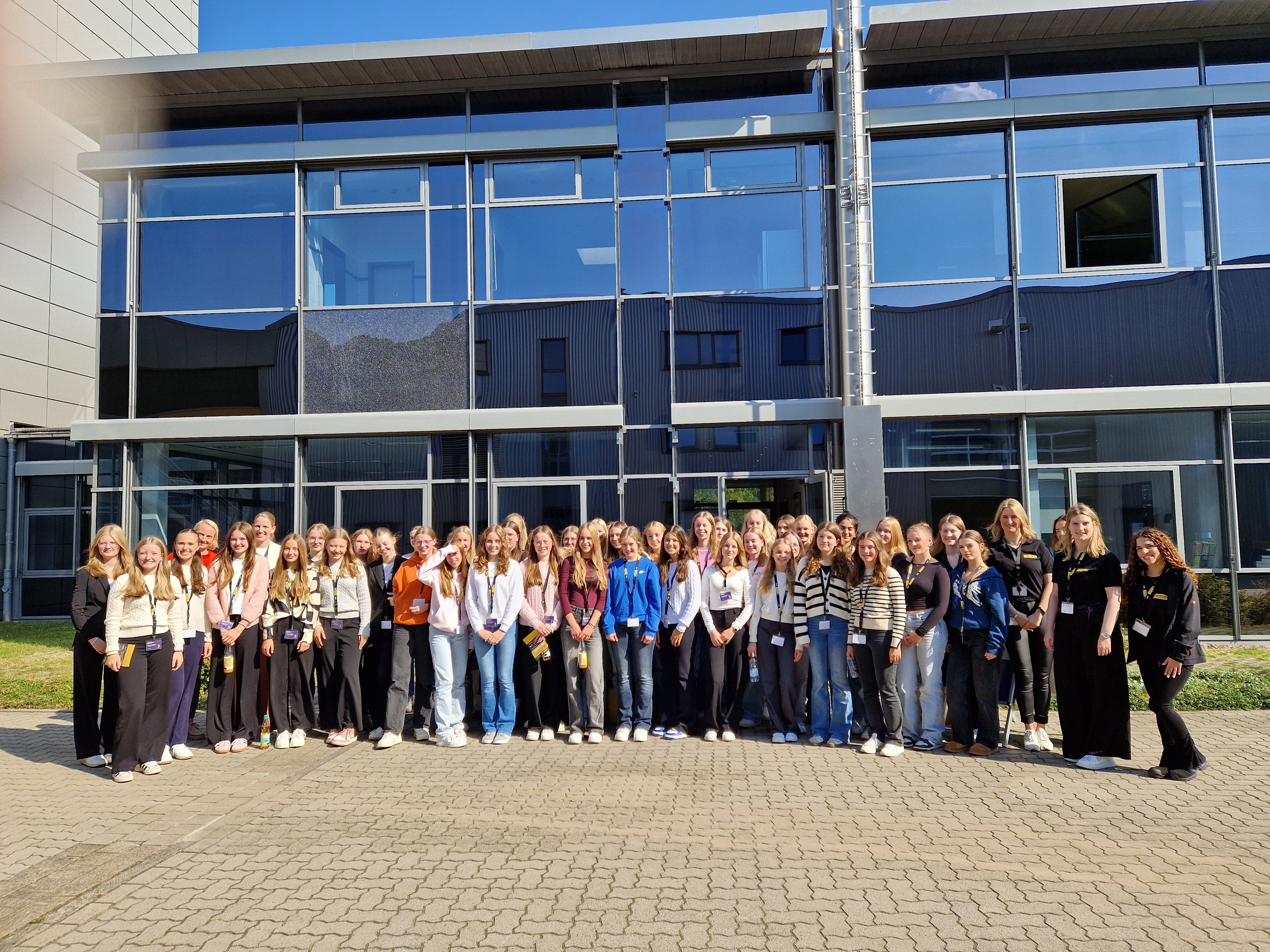Stay informed with the latest news and press releases
What moves Zeppelin Power Systems? News about the company, our products and projects as well as trade fairs and other events can be read here. Would you like to be added to our press mailing list? Simply send us an e-mail to presse-powersystems@zeppelin.com
Contact
Zeppelin Power Systems Portfolio
Explore more from the Zeppelin Power Systems portfolio
Power & Heat
Oil & Gas
Rail
© 2025 Zeppelin Power Systems GmbH













